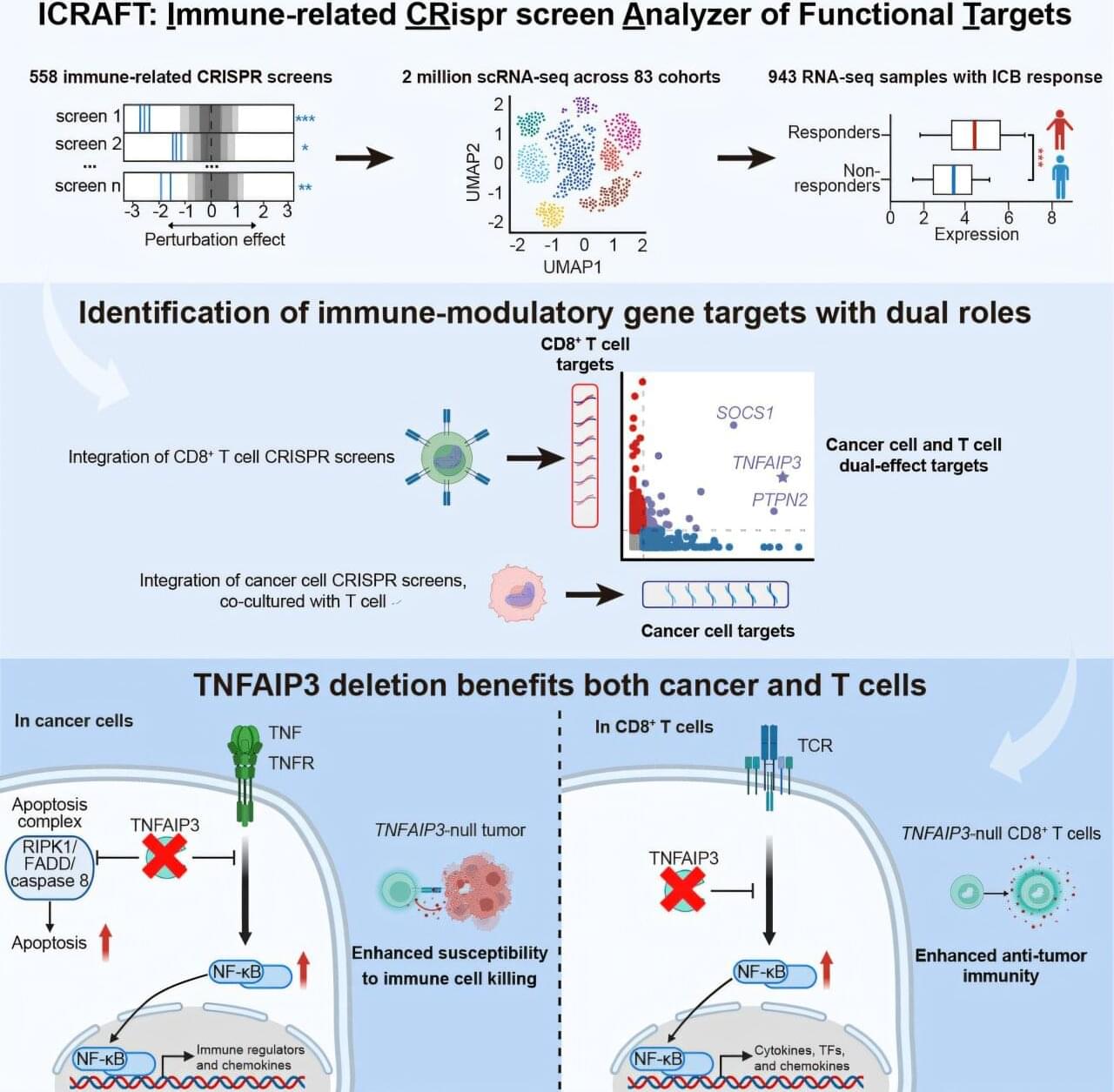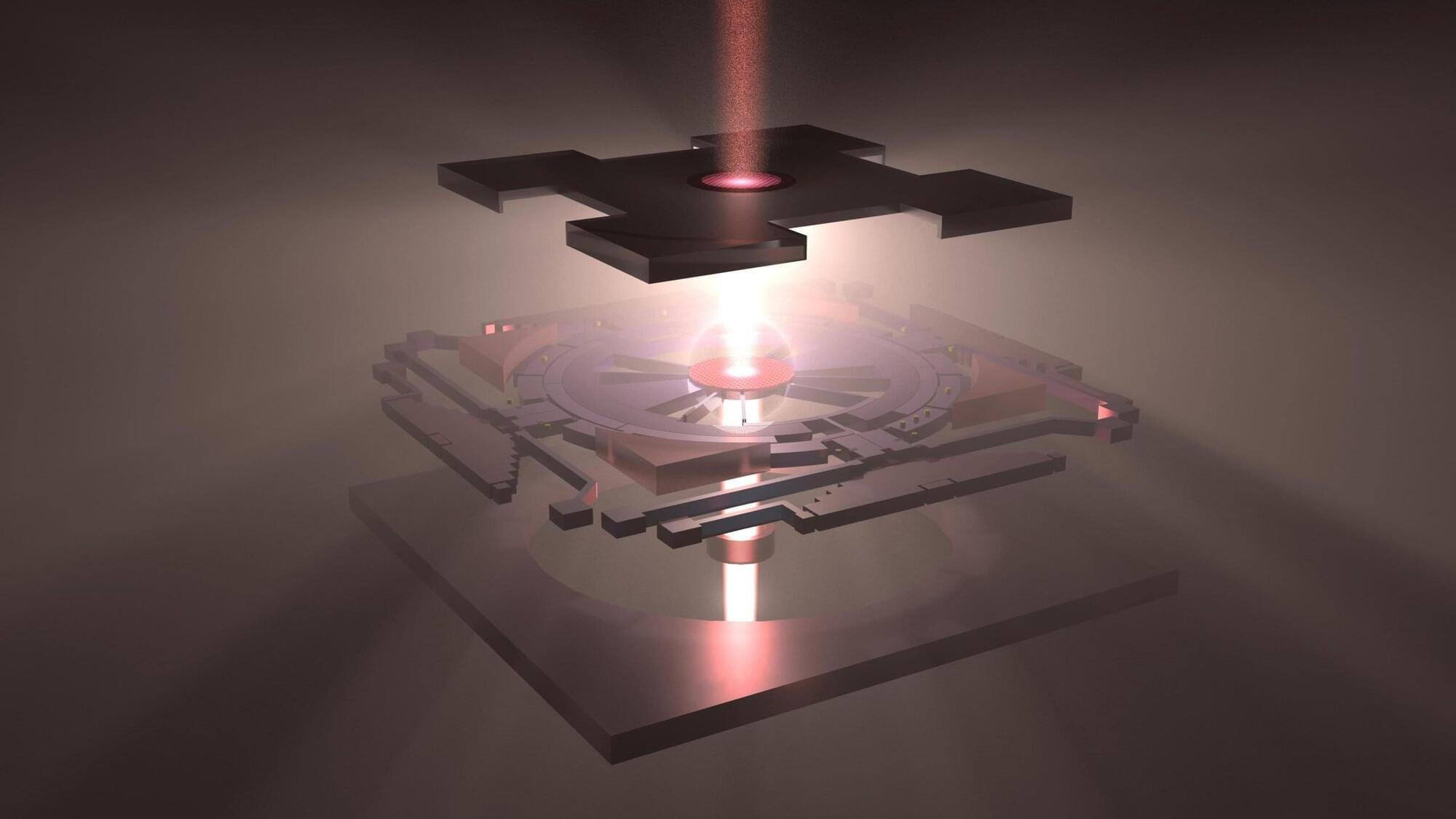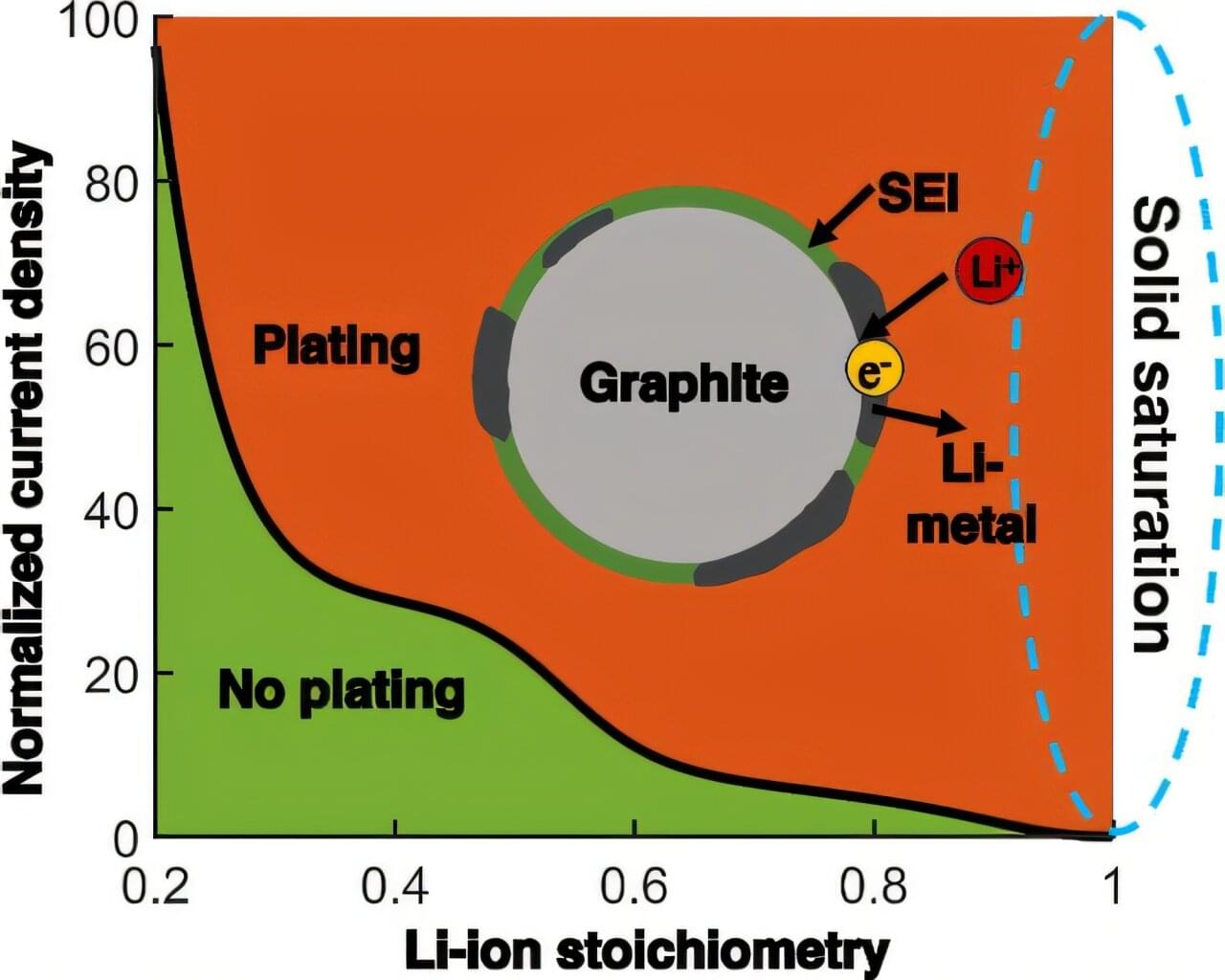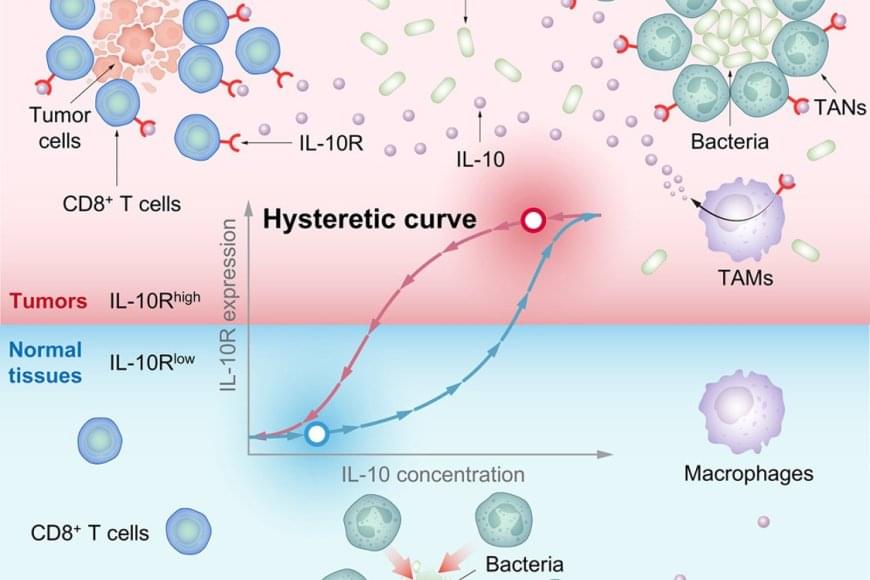This talk by Professor Thomas Polger (Professor of Philosophy at the Department of Philosophy University of Cincinnati) was given on Thursday 24 March 2022 as part of the Dutch Distinguished Lecture Series in Philosophy and Neuroscience (#DDLS).
Title:
Thomas Polger “The Puzzling Resilience of Multiple Realization” (#DDLS).
Caption.
Abstract.
According to the multiple realization argument, mental states or processes can be realized in diverse and heterogeneous physical systems; and that fact implies that mental states or processes can not be identified with any one particular kind of physical state or process. In particular, mental processes can not be identified with of brain processes. Moreover, the argument provides a general model for the autonomy of the “special” sciences. The multiple realization argument is widely influential. But over the last thirty years it has also faced serious objections. Despite those objections, most philosophers regard that fact of multiple realization and the cogency of the multiple realization argument as obviously correct. Why is that? What is it about the multiple realization argument that makes it so resilient? One reason that the multiple realization argument is deeply intertwined with a view that minds are, in some sense, computational. But I argue that the sense in which minds are computational does not support the conclusion that they are obviously multiply realized. I argue that the sense in which brains compute does not imply that brains implement computational processes that are multiply realizable, and it does not provide a general model for the autonomy of the special sciences.






